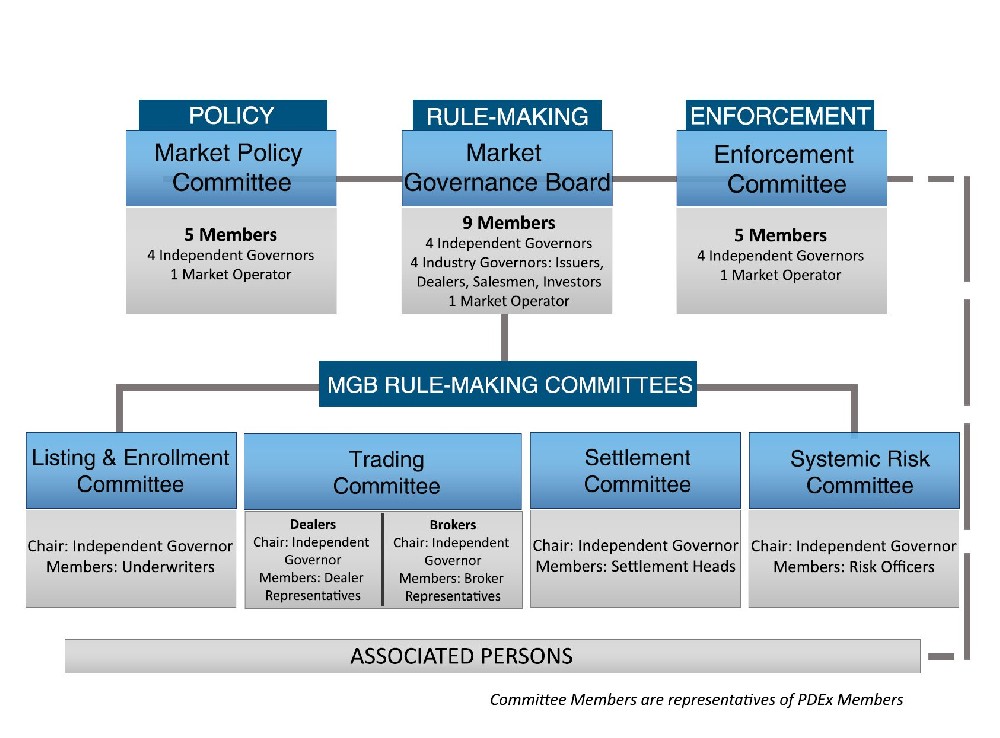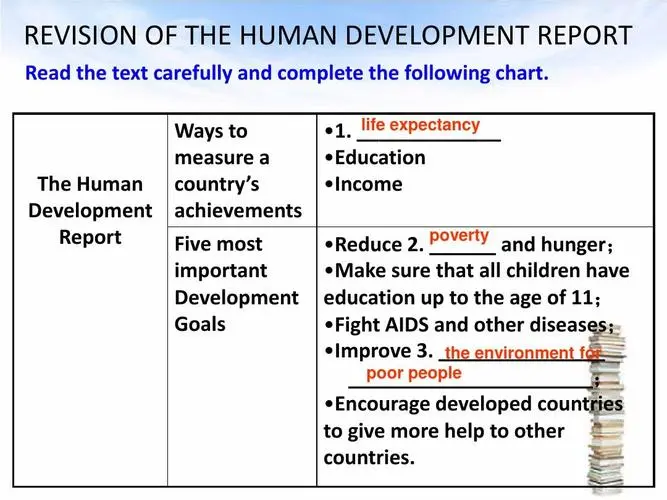The impact of interest rate marketization on corporate financing structure is a topic that has been studied by many researchers. Interest rate marketization refers to the process of allowing the market forces to determine the interest rates, rather than the government intervention. Interest rate marketization can affect the corporate financing structure, which is the mix of debt and equity that a firm uses to finance its operations and investments.
One of the main effects of interest rate marketization on corporate financing structure is that it can change the relative cost and availability of debt and equity capital. When interest rates are marketized, they tend to reflect the supply and demand of funds, as well as the risk and return of different financial instruments. Therefore, interest rate marketization can make debt capital more or less attractive to firms, depending on the level and volatility of interest rates, and the tax and regulatory environment.
For example, some studies have found that interest rate marketization can lower the cost of debt capital, especially for non-state-owned enterprises, by reducing the government intervention and distortion in the financial market. This can help alleviate the financing constraints that many firms face, and encourage them to increase their debt financing and invest more in research and development (R&D) activities
On the other hand, some studies have also found that interest rate marketization can increase the risk and uncertainty of debt capital, especially for state-owned enterprises, by exposing them to the market competition and fluctuations. This can force them to reduce their debt financing and adjust their business structure and strategies accordingly
Another effect of interest rate marketization on corporate financing structure is that it can influence the behavior and preferences of investors and creditors. When interest rates are marketized, they tend to convey more information and signals about the financial conditions and prospects of different firms and sectors. Therefore, interest rate marketization can affect the demand and supply of debt and equity capital, and the valuation and pricing of financial assets.
For example, some studies have found that interest rate marketization can increase the demand and supply of equity capital, especially for innovative and high-growth firms, by enhancing the market efficiency and transparency. This can help attract more investors and capital to the equity market, and increase the value and returns of equity financing
On the other hand, some studies have also found that interest rate marketization can decrease the demand and supply of debt capital, especially for low-quality and high-risk firms, by increasing the market discipline and monitoring. This can make it harder for some firms to access and repay debt financing, and increase the default and bankruptcy risk of debt financing
In conclusion, interest rate marketization can have various and complex impacts on corporate financing structure, depending on the level and direction of interest rate changes, the characteristics and types of firms and sectors, and the institutional and regulatory factors. Interest rate marketization can create both opportunities and challenges for firms to optimize their financing structure and achieve their financial and strategic goals.







